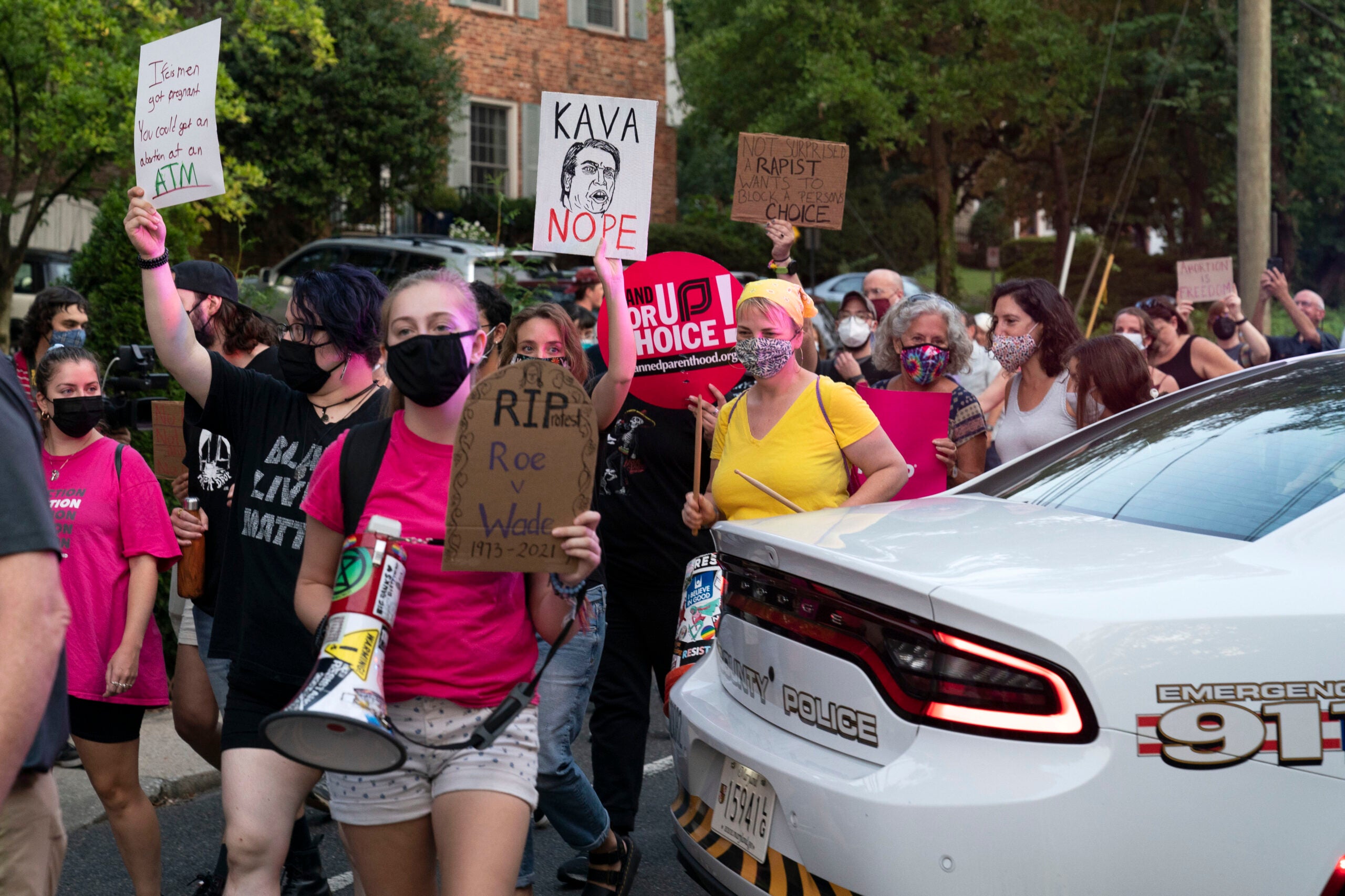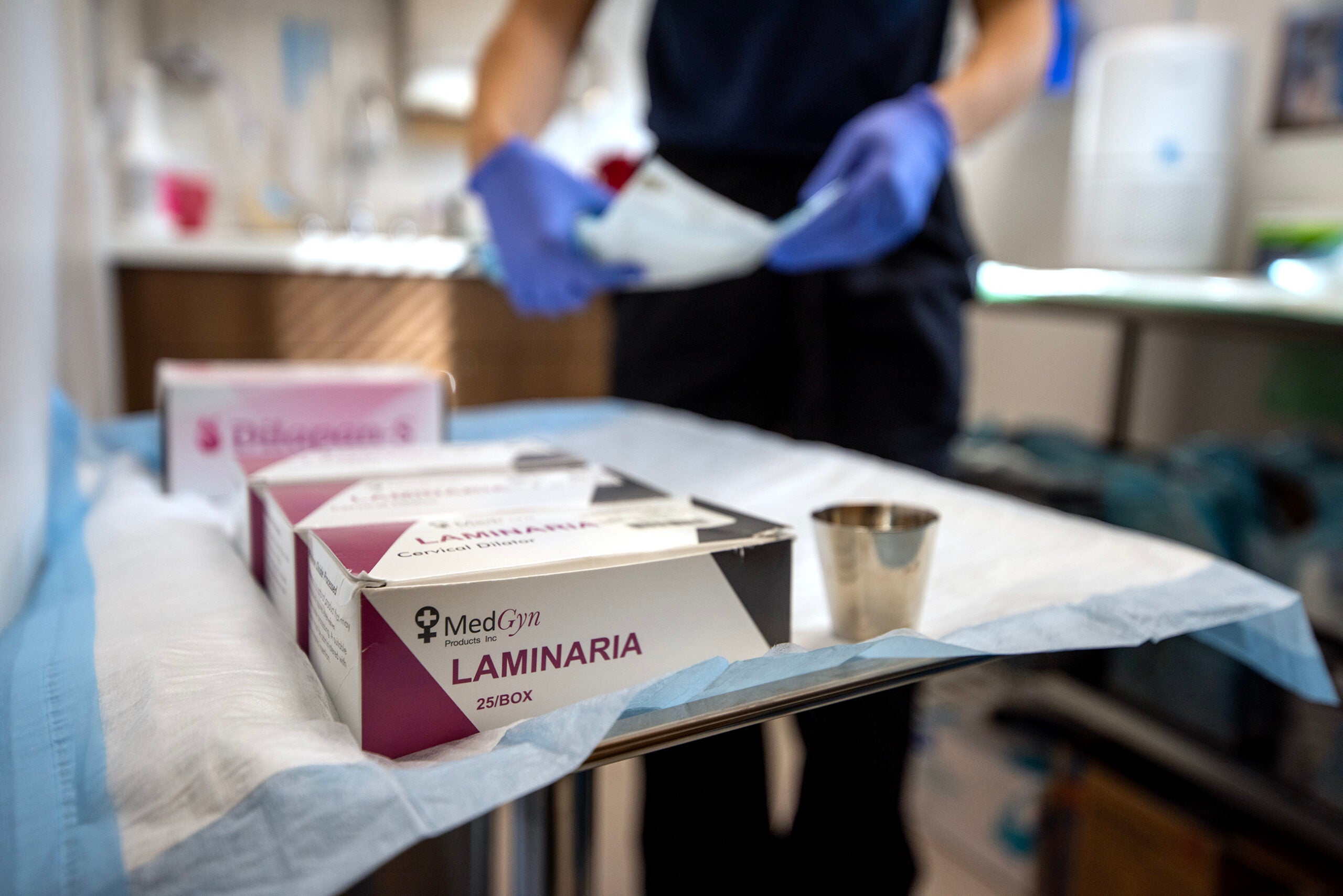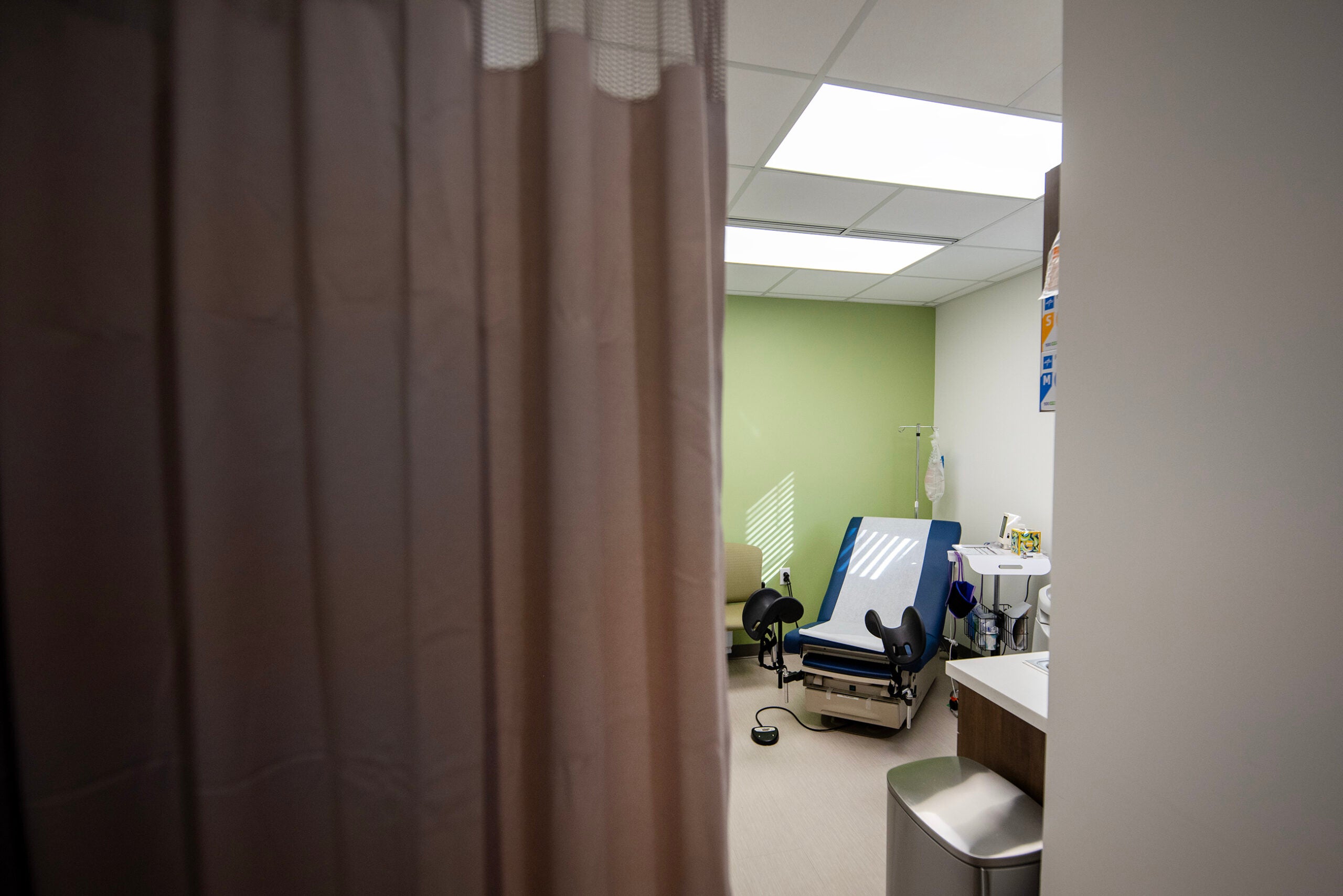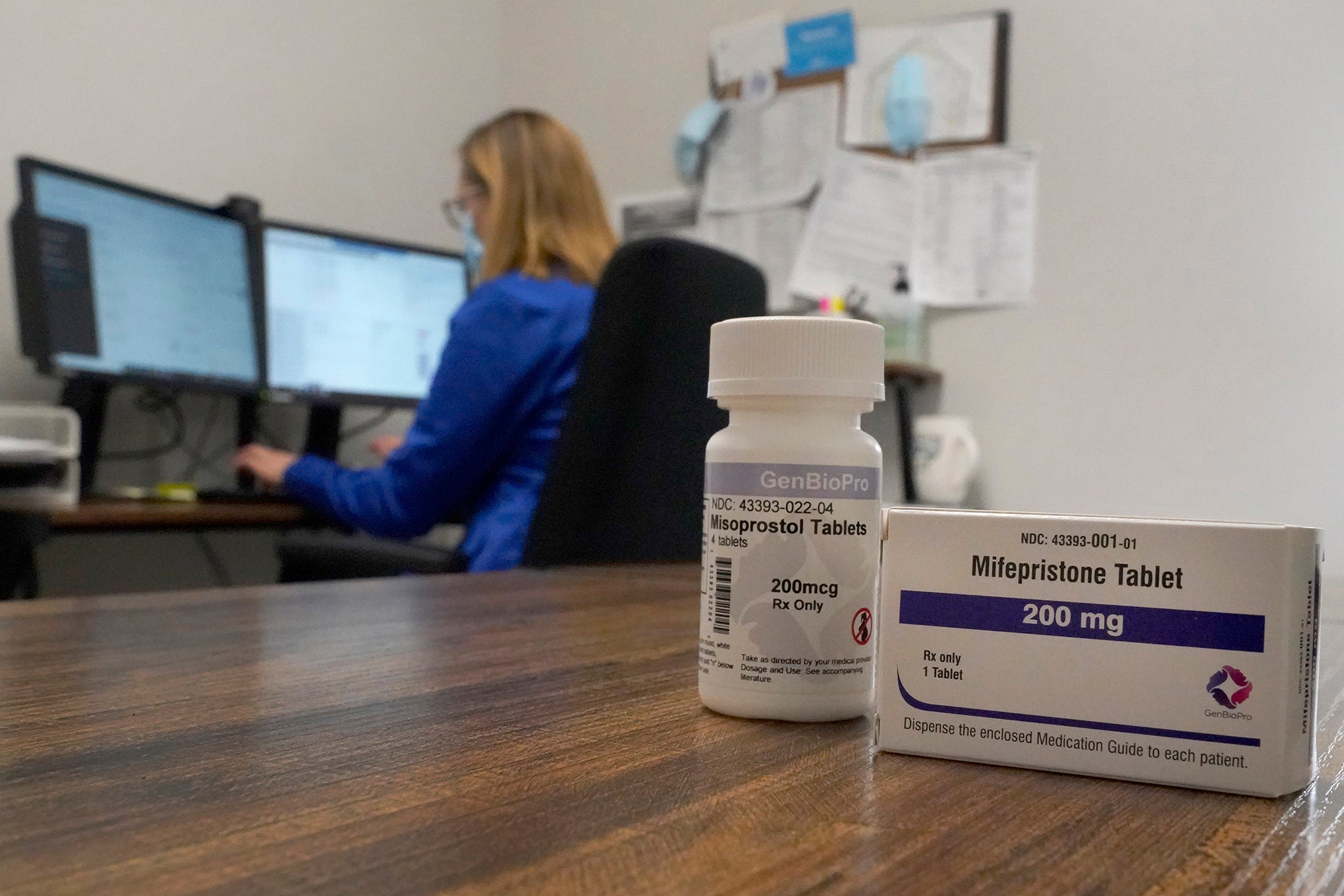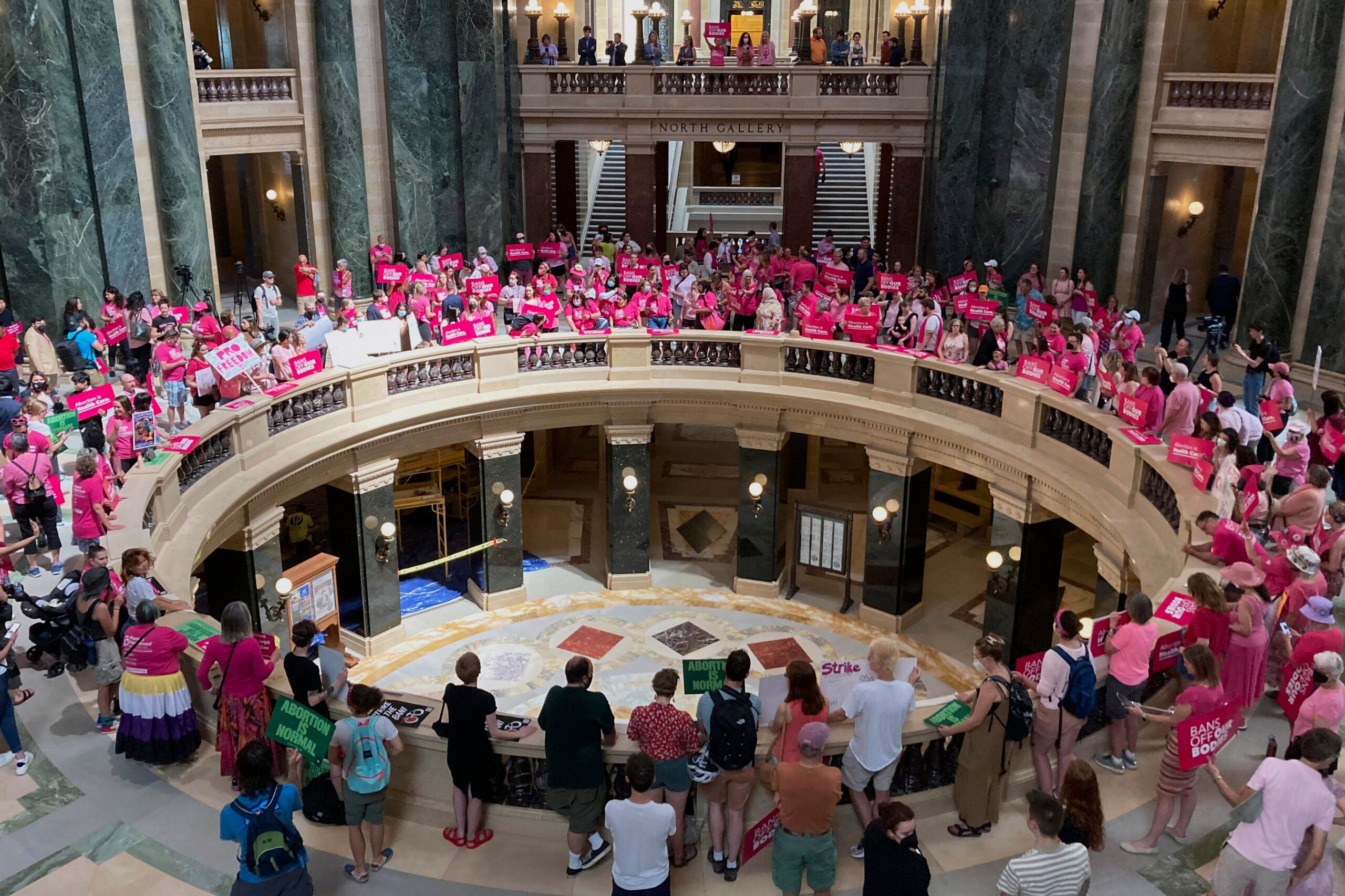While abortion has long been considered an issue that motivates Republican voters, a combination of circumstances at the state and national levels could make it a high-profile issue for Democrats in Wisconsin’s 2022 governor’s race.
Increased national attention has been directed at abortion this month after the Texas Legislature passed a controversial new law barring abortions after six weeks of pregnancy, a time when many women don’t yet know they are pregnant. The U.S. Supreme Court declined to block the new law, which some said might be a sign of how the court would rule if it revisited the landmark abortion case Roe v. Wade. In a separate case, the Supreme Court set arguments for early December in a Mississippi lawsuit that puts the constitutionality of state abortion restrictions to the test.
If Roe v. Wade is overturned and no changes are made to state law, Wisconsin would revert to a 19th century law that criminalizes abortion statewide.
News with a little more humanity
WPR’s “Wisconsin Today” newsletter keeps you connected to the state you love without feeling overwhelmed. No paywall. No agenda. No corporate filter.
Advocates for abortion rights have raised the alarm about that potential change in recent weeks, citing the recent and pending actions from the Supreme Court. Earlier this month, state Sen. Kelda Roys, D-Madison, who served as the executive director of NARAL Pro-Choice Wisconsin for several years, said the nation’s highest court “has sent a clear message that women and pregnant people are no longer full citizens entitled to bodily autonomy or medical privacy.”
“This terrifying development will have a direct impact on Wisconsinites, because our state still has an archaic 1849 law on the books that criminalizes abortion,” Roys said in a prepared statement at the time. “If Roe no longer protects Texas women, it will no longer protect Wisconsin women.”
In Wisconsin, whether a Democrat or Republican wins the governor’s office in 2022 could be key to determining the future of abortion restrictions in the state. If his reelection bid is successful, Democratic Gov. Tony Evers would likely veto any new restrictions approved by the Republican-controlled Legislature if lawmakers also maintain the GOP majority after next year’s election. Evers has already vetoed several abortion bills approved by the Republican majority.
However, if a Republican candidate were to win the 2022 governor’s race and conservatives maintain control of both chambers of the Legislature, new restrictions on abortion could be possible.
GOP gubernatorial candidate Rebecca Kleefisch said earlier this month that, if elected, she would sign a six-week abortion ban, also called a “heartbeat bill.”
“I will sign a heartbeat bill,” Kleefisch, a former lieutenant governor, said in an interview with a conservative radio host. “I have a long history of being pro-life, and I will fight for every human being with a heartbeat.”
Republican strategist Mark Graul said he isn’t sure how important that commitment will be to securing enough support to win in 2022. He said abortion is very important to some voters, but thinks issues like the economy and COVID-19 are more likely to get people to the polls.
“It’s been a really long time since abortion has been a sort of top two or three issue in a political campaign in Wisconsin,” he said. “It would go against the grain of what we’ve seen in recent elections if it did become a defining issue.”
But Democratic strategist Ben Nuckels disagreed, saying abortion rights is likely to mobilize Democratic voters next year.
“This is a very high-stakes election for that issue, for women’s rights,” he said. “It will become an issue, for sure.”
Nuckels argued Kleefisch’s support for the law banning abortions after six weeks is “wildly out of step with where most Wisconsin voters are.”
A February 2020 poll of Wisconsinites by Marquette University Law School found just over half, 55 percent, of those surveyed said abortion should be legal in all or most cases in the state.
The poll results mirror the sharp partisan divisions in the state, a narrow gap that has led to several razor-thin statewide elections in recent years.
Wisconsin Public Radio, © Copyright 2025, Board of Regents of the University of Wisconsin System and Wisconsin Educational Communications Board.

